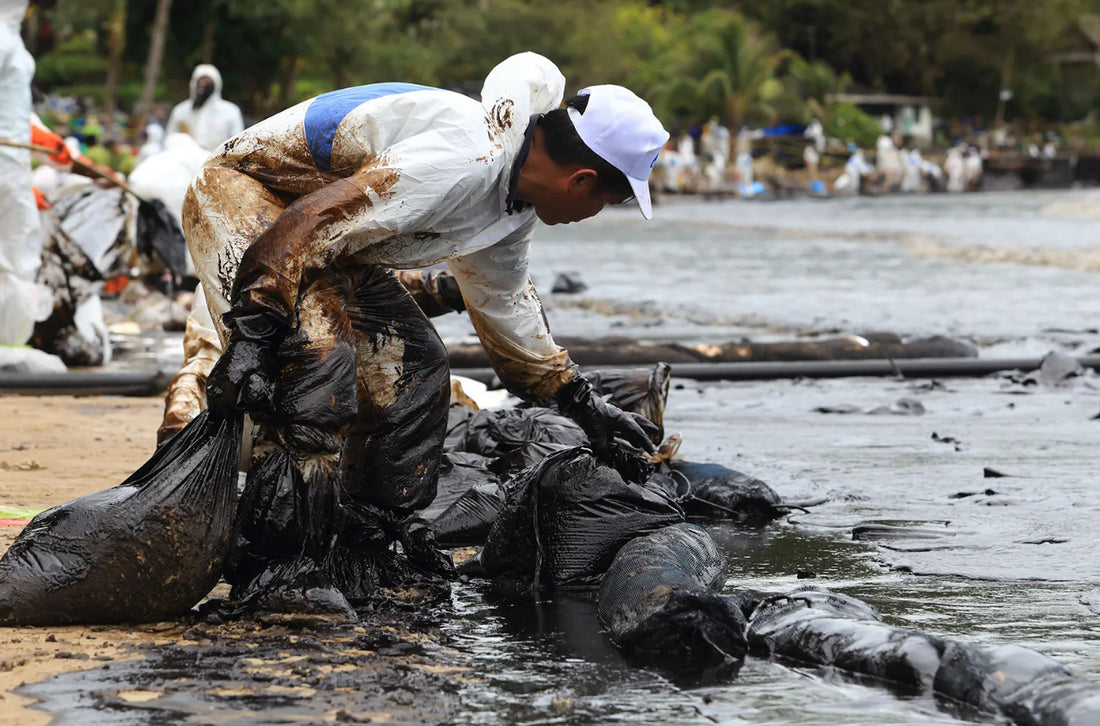
Persistent Compounds: The Long-Term Consequences of Freshwater Oil Spills
Ashton RouthierShare
Overview
When oil spills into freshwater, it undergoes chemical changes that lead to the formation of persistent compounds, making them challenging to remove and posing long-term environmental risks. These substances accumulate and become increasingly resilient over time, complicating cleanup efforts and prolonging the recovery of affected ecosystems. As these compounds persist, they disrupt aquatic ecosystems and can bioaccumulate in organisms, potentially entering the human food chain and causing health issues for both wildlife and humans.

Understanding the Environmental Impact of Oil Spills
April 25, 2024 — Oil is essential for powering modern economies, but its accidental release poses significant environmental risks. While major oil spills often make headlines, numerous smaller spills occur each year, contributing to cumulative environmental damage, particularly in freshwater ecosystems. A recent study by the American Chemical Society sheds light on the enduring environmental consequences of these spills.
Chemical Changes in Oil Over Time
When oil enters freshwater environments like lakes, rivers, and streams, it undergoes a series of chemical transformations. These changes lead to the formation of persistent compounds that are difficult to break down and remove. The study reveals that the longer oil remains in freshwater, the more these harmful compounds accumulate, posing increased risks to aquatic ecosystems and water quality.
Formation of Persistent Compounds
Initially, the lighter components of the oil evaporate, while more complex hydrocarbons dissolve and degrade through chemical reactions. Over time, new, more stable compounds form that resist natural degradation. These persistent compounds can linger in the environment for extended periods, causing prolonged pollution and potential bioaccumulation in aquatic organisms.
Environmental and Health Risks
The presence of persistent oil compounds in freshwater ecosystems can have several detrimental effects: they can harm aquatic plants, fish, and other wildlife by disrupting food chains and habitats; contaminate drinking water sources, posing health risks to humans and animals; and accumulate in the tissues of aquatic organisms, potentially entering the human food chain.
Mitigation and Prevention Strategies
To mitigate the impact of oil spills in freshwater, effective prevention and response strategies are crucial:
Rapid Containment and Clean-Up: Essential to minimize the duration oil remains in the environment, reducing the formation of persistent compounds.
Strengthening Regulations and Monitoring: Helps prevent spills and ensures timely response when they occur.
Continued Research: Necessary to understand the chemical changes of oil in freshwater and to develop new technologies for spill response and remediation.
Source: https://www.sciencedaily.com/releases/2024/04/240425131505.htm